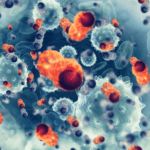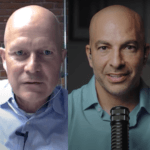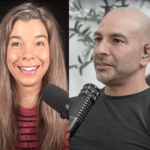
Peter on the importance of cancer screenings
This video clip is from AMA #25: Navigating the complexities and nuances of cancer screening, originally released on July 26,…

#290 ‒ Liquid biopsies for early cancer detection, the role of epigenetics in aging, and the future of aging research | Alex Aravanis, M.D., Ph.D.
“Age is your single biggest risk factor for cancer. The population over 50 is about a 10x increased risk relative to the population under 50.” —Alex Aravanis
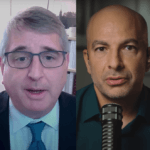
#278 ‒ Breast cancer: how to catch, treat, and survive breast cancer | Harold Burstein, M.D., Ph.D.
“We’ve completely flipped the outcomes for HER2-positive breast cancer, where it has gone from one of the most feared types of breast cancer to one of the most successfully treated types of breast cancer.” —Harold Burstein
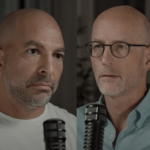
#273 ‒ Prostate health: common problems, cancer prevention, screening, treatment, and more | Ted Schaeffer, M.D., Ph.D.
“The faster that your PSA density rises, it is a canary in the coal mine. . .you need to do some additional evaluation.” —Ted Schaeffer
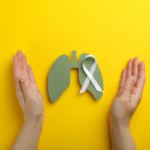
More than glycemic control: SGLT2 inhibitors may extend lung cancer survival
A retrospective study offers hope
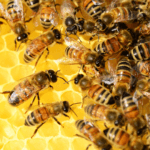
Can a peptide found in bee stings offer hope for treatment-resistant breast cancers?
Melittin, the main component of honeybee venom, has shown promise as a basis for chemotherapeutic drugs to combat treatment-resistant breast cancer




